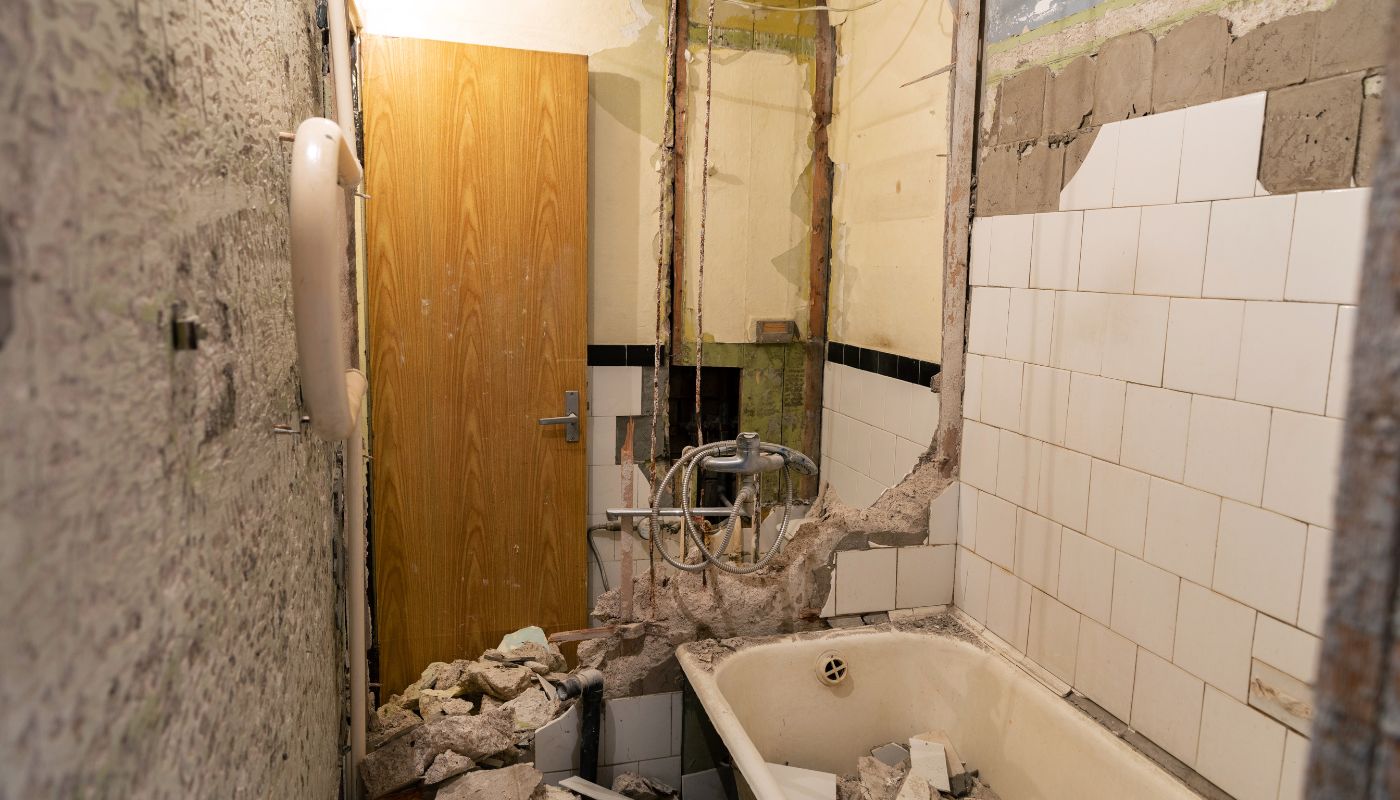S&P Case-Shiller Housing Market Indices: Short Supply of Homes for Sale Pushes Prices Up
 April readings for S&P Case-Shiller’s Housing Market Indices showed gains in home prices throughout the U.S. Rising prices were caused by shortages of previously-owned homes for sale and increasing buyer demand as the average 30-year mortgage rate exceeded six percent. The southeastern region lost its top spot on S&P Case-Shiller’s 20-City Home Price Index as Chicago, Illinois, Atlanta, Georgia, and Tampa, Florida held the top three year-over-year home price growth rates for April.
April readings for S&P Case-Shiller’s Housing Market Indices showed gains in home prices throughout the U.S. Rising prices were caused by shortages of previously-owned homes for sale and increasing buyer demand as the average 30-year mortgage rate exceeded six percent. The southeastern region lost its top spot on S&P Case-Shiller’s 20-City Home Price Index as Chicago, Illinois, Atlanta, Georgia, and Tampa, Florida held the top three year-over-year home price growth rates for April.
Chicago, Illinois Breaks Southeast’s Lead on April Home Price Growth
The top three cities with the highest home price growth rates as reported in April’s S&P Case-Shiller’s 20-City Home Price Index were Chicago, Illinois with a year-over-year home price gain of 4.10 percent; Atlanta, Georgia posted a year-over-year home price growth of 3.50 percent. Tampa, Florida placed third in the 20-City Index with an average home price gain of 2.40 percent. All year-over-year readings for April home prices were seasonally adjusted.
Average home prices lagged in the West as the combined impact of high home prices and mortgage rates created affordability issues for would-be home buyers. Seattle, Washington saw average home prices drop by -12.40 percent year-over-year; San Francisco, California reported that year-over-year home prices declined by 11.10 percent in April. Home prices in Las Vegas, Nevada fell by 6.60 percent year-over-year.
Mortgage rates nearing 7 percent did not appear to impact home buyers to a great extent, but higher rates do increase the cost of home loans and monthly payments; current mortgage rates and rising home prices do not promote affordable opportunities for first-time and moderate-income home buyers.
FHFA House Price Index
In related news, the Federal Housing Finance Agency posted 0.50 percent month-to-month-home price growth in its House Price Index for April. This index reports on home prices for homes sold by the Government Sponsored Enterprises Fannie Mae and Freddie Mac. These homes were acquired through foreclosure and were subject to original loan limits established by FHFA for mortgages acquired or guaranteed by Fannie Mae and Freddie Mac The GSEs’ loan limits cause a more moderate range of home price growth reported in FHFA’s House Price Index as compared to data reported in the S&P Case-Shiller Home Price Indices.

 The bathroom is one of the most important and frequently used spaces in a home. Over time, it may start to show signs of wear and tear or become outdated. If you’re considering renovating your bathroom, one of the first decisions you’ll face is whether to tackle the project yourself or hire a professional. Both options have their pros and cons, and it’s essential to weigh them carefully before deciding.
The bathroom is one of the most important and frequently used spaces in a home. Over time, it may start to show signs of wear and tear or become outdated. If you’re considering renovating your bathroom, one of the first decisions you’ll face is whether to tackle the project yourself or hire a professional. Both options have their pros and cons, and it’s essential to weigh them carefully before deciding. Buying your first home is an exciting milestone in life, but it can also be overwhelming and filled with questions. As a first-time home buyer, you want to make informed decisions and ensure a smooth process. Below we will address some of the common questions that first-time home buyers often ask.
Buying your first home is an exciting milestone in life, but it can also be overwhelming and filled with questions. As a first-time home buyer, you want to make informed decisions and ensure a smooth process. Below we will address some of the common questions that first-time home buyers often ask.